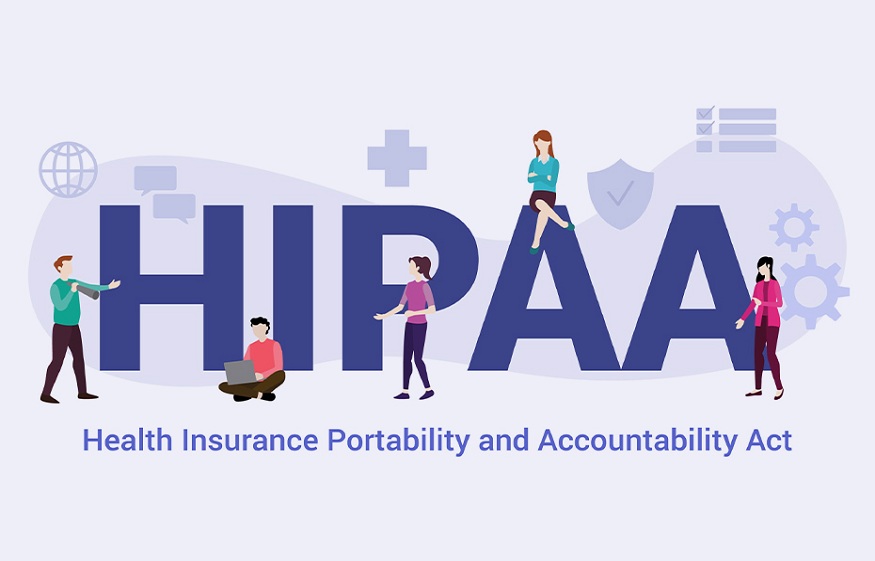In the fast-paced digital era, businesses across the globe are constantly expanding their online presence, adopting new technologies, and transitioning many of their operations to digital platforms. While these advancements provide numerous benefits, they also open the door to a myriad of cyber threats. One of the most powerful defenses against such threats is not just a technical solution, but rather the informed behavior of employees. This is where regular cybersecurity training and awareness programs come into play.
Here’s why businesses, irrespective of their size, must prioritize them:
1. The Human Element: Often the Weakest Link
It’s a well-acknowledged fact in the cybersecurity community that the most significant vulnerabilities in an organization often aren’t the systems, but the people. From unwittingly clicking on malicious links to using weak passwords, human error remains a significant factor in many cyber breaches. Regular training ensures that employees are aware of the risks and are equipped to act securely.
2. Evolution of Cyber Threats
Cyber threats are not static. Malicious actors continually evolve their tactics, develop new malware, and devise novel scams. What was considered a best practice a year ago might be obsolete today. Regular training ensures employees are updated on the latest threats and countermeasures.
3. Protection of Valuable Assets
Data is often considered the new oil. From customer details to financial information, businesses hold vast amounts of valuable data that cybercriminals can exploit. Ensuring that every team member understands the value of this data and knows how to protect it is paramount.
4. Regulatory Compliance
Several regulations and standards, like the General Data Protection Regulation (GDPR) or the Health Insurance Portability and Accountability Act (HIPAA), mandate businesses to have specific security measures in place, including staff training. Regular training programs help businesses stay compliant and avoid potential legal and financial repercussions.
5. Cultivation of a Security-first Mindset
Cybersecurity is not just the responsibility of the IT department. From the CEO to the newest intern, everyone plays a part. Regular training cultivates a security-first culture where every decision, from developing a new product to choosing a software solution, is made with cybersecurity in mind.
6. Reduction in Incident Response Time
When employees are regularly trained, they can recognize potential threats faster. This swift recognition can lead to quicker incident reporting and response, potentially mitigating the impact of a cyber threat.
7. Financial Savings
The cost of dealing with a data breach or cyber attack—both in terms of financial outlay and reputational damage—can be monumental. Investing in regular cybersecurity training is cost-effective in the long run, as it can prevent many potential breaches.
8. Boosting Customer Trust
Customers are becoming more savvy about cybersecurity. They want to do business with companies that prioritize data protection. Regular employee training is a testament to a company’s commitment to safeguarding customer data.
9. Remote Work Vulnerabilities
With the rise of remote work, new vulnerabilities have emerged. Employees accessing company resources from diverse locations and networks increase the risk of exposure to cyber threats. Training can address these specific challenges, ensuring that remote work doesn’t compromise security.
10. Strengthening Overall Security Infrastructure
While businesses invest in advanced security tools and systems, these technologies are most effective when complemented by informed users. Regular training ensures that employees make the best use of these tools, enhancing the organization’s overall security posture.
11. Empowering Employees
Training doesn’t just protect the business—it empowers employees. Armed with knowledge, employees can also safeguard their personal digital lives, reinforcing their digital security habits both at work and home.
In the digital age, where data breaches and cyber attacks make regular headlines, cybersecurity is not a luxury but a necessity. While technology plays a crucial role in defense, the human element cannot be ignored. Businesses, big or small, must understand that their employees are their first line of defense. By prioritizing regular cybersecurity training and awareness programs, organizations not only fortify their defenses but also foster a culture where security becomes second nature—a mindset that’s invaluable in today’s cyber-threat landscape.


